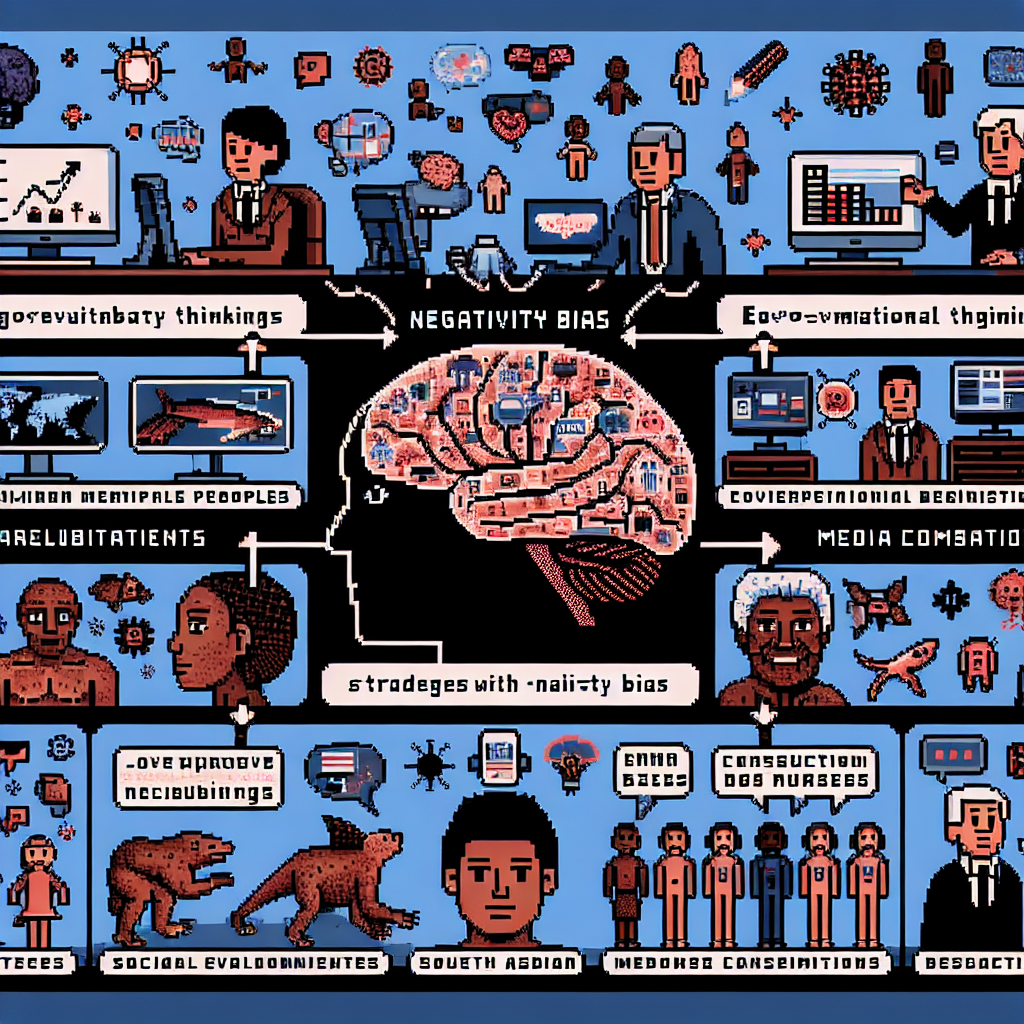Choice-Supportive Bias
Understanding Choice-Supportive Bias Definition of Choice-Supportive Bias Choice-Supportive Bias is the psychological tendency to recall our decisions in a favorable light. When people remember their past choices, they often inflate the positive attributes of the chosen option while downplaying any negative aspects, thus creating a skewed perception of that decision. This bias can sometimes lead […]
Choice-Supportive Bias Read More »









